Cremation has overtaken burial as the most common method of final disposition because of its rapid rise in popularity over the past several years. Although the decision between burial and cremation is extremely personal, however, when making the decision, it is necessary to take into consideration several factors. Before that, did you know that there is a cremation service in West Seattle, WA that offers both burial and cremation services? Well, our company offers not only burial and cremation services but a lot more.
For now, let’s move on to the various elements to consider when you are in the middle of deciding between burial or cremation service:
The big differences between burial and cremation service
Let’s explore the differences and distinctions between cremation and burial to start. When a body is cremated, it is burnt until only ashes remain. With burial, the body is preserved. Both cremation and burial can occur soon after a person’s death, either after a typical funeral service or before a memorial service. The body may be buried in the ground or entombed in a mausoleum in the case of a burial. In contrast, cremated remains may be kept by the family, scattered, buried, or placed in a columbarium. In general, cremation is the more cost-effective option.
Respect the remains.
When we chat with people who are considering between burial and cremation, a few recurring themes and questions arise. The desire to honor the deceased’s memory and, by extension, their body is one of the most frequently voiced concerns. It is noteworthy to note, however, that for some people, this entails preserving the body’s integrity, whereas, for others, the idea of letting the remains decompose underground is unthinkable. In many cultures and religions, viewing the body is a crucial aspect of the funeral ceremony. Numerous individuals erroneously believe that this is impossible if cremation is chosen. In reality, it is rather normal for a viewing to occur before cremation.
Religious Faith/Beliefs
Christian opinions on cremation vary. The Catholic Church banned cremation until the 1960s. However, the cremated remains must be interred, not scattered or carried home by survivors. Methodist, Seventh-day Adventist, and Lutheran churches allow cremation, although Baptist, conservative, and Eastern Orthodox churches do not. Some Jews now accept cremation. Hinduism and Buddhism mandate cremation. Culturally, Sikhs favor cremation; however, burial is allowed. Muslims cannot cremate.
Environmental Impact
 Both burial and cremation have environmental pros and cons. Both sides argue over which option is greener. Some say cremation releases a lot of pollutants, while others say it’s greener because traditional caskets aren’t biodegradable and embalming fluids are poisonous. The popularity of natural burials, sometimes known as eco-burials, has been on the rise in recent years. Burials in this style use biodegradable, compostable coffins and never include the use of embalming substances.
Both burial and cremation have environmental pros and cons. Both sides argue over which option is greener. Some say cremation releases a lot of pollutants, while others say it’s greener because traditional caskets aren’t biodegradable and embalming fluids are poisonous. The popularity of natural burials, sometimes known as eco-burials, has been on the rise in recent years. Burials in this style use biodegradable, compostable coffins and never include the use of embalming substances.
It is a tough and deeply personal choice between burial and cremation. If you are still having difficulty with it, you may want to address it with your family or other loved ones. Additionally, you can seek the support and advice of a funeral director on our cremation services in West Seattle, WA. We will guide you as much as we can.

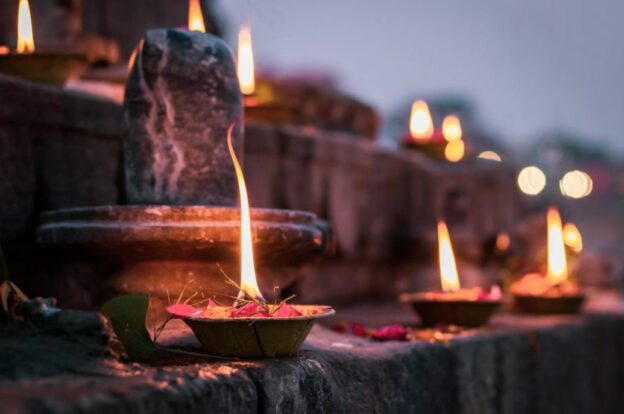
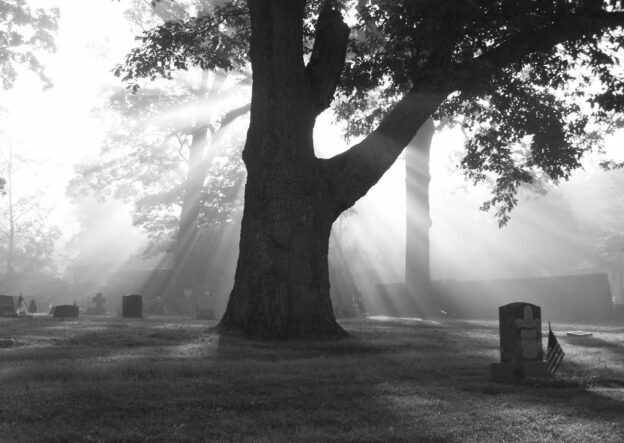
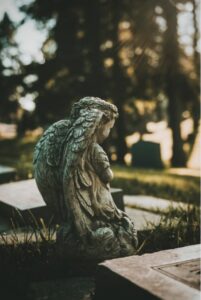 Grief and loss are fresh and real for those closest to the deceased loved one. The funeral ceremony is the beginning of the healing process since it enables mourners to accept the truth of the death. The presence of those who are also grieving might provide solace to those who have suffered a loss. Sharing supportive words, reminiscing memories, writing letters/cards of condolence, or simply spending quality time with the bereaved might help in bringing closure. The path to recovery is not quick nor easy, but a meaningful tribute with many loved ones present can reassure the family that they are not alone.
Grief and loss are fresh and real for those closest to the deceased loved one. The funeral ceremony is the beginning of the healing process since it enables mourners to accept the truth of the death. The presence of those who are also grieving might provide solace to those who have suffered a loss. Sharing supportive words, reminiscing memories, writing letters/cards of condolence, or simply spending quality time with the bereaved might help in bringing closure. The path to recovery is not quick nor easy, but a meaningful tribute with many loved ones present can reassure the family that they are not alone.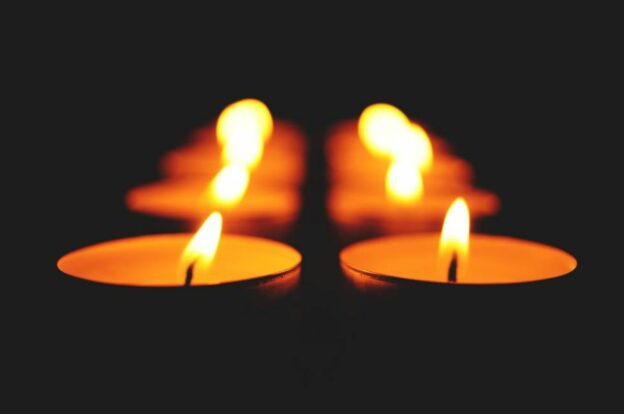
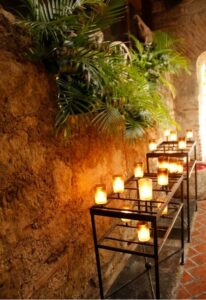 The concept of cremation may not be acceptable to all people. If this is the case, there are a number of burial choices that can be made in advance to guarantee that your intentions are followed through.
The concept of cremation may not be acceptable to all people. If this is the case, there are a number of burial choices that can be made in advance to guarantee that your intentions are followed through.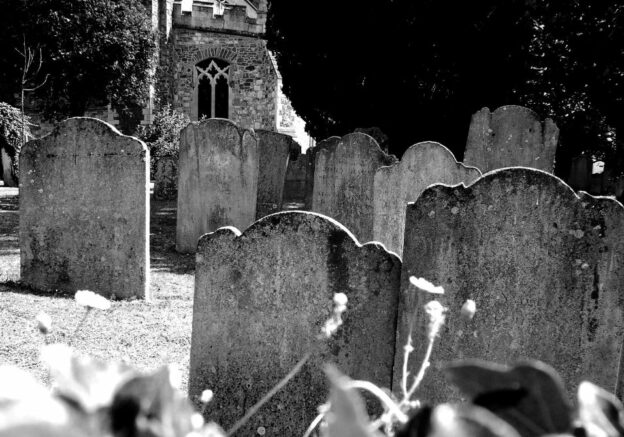
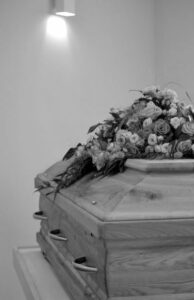 Caskets are available in a variety of materials and at different prices. The choice of a casket is entirely up to you and your family. Modern caskets are usually made of wood or metal and lined with various types of the interior fabric. The cost is usually determined by the materials used in construction. Some caskets (typically made of metal) are intended to withstand the elements, whereas others, such as those used in green burials (made of hemp, wicker, and other biodegradable materials), are intended to aid in the decomposition process.
Caskets are available in a variety of materials and at different prices. The choice of a casket is entirely up to you and your family. Modern caskets are usually made of wood or metal and lined with various types of the interior fabric. The cost is usually determined by the materials used in construction. Some caskets (typically made of metal) are intended to withstand the elements, whereas others, such as those used in green burials (made of hemp, wicker, and other biodegradable materials), are intended to aid in the decomposition process.